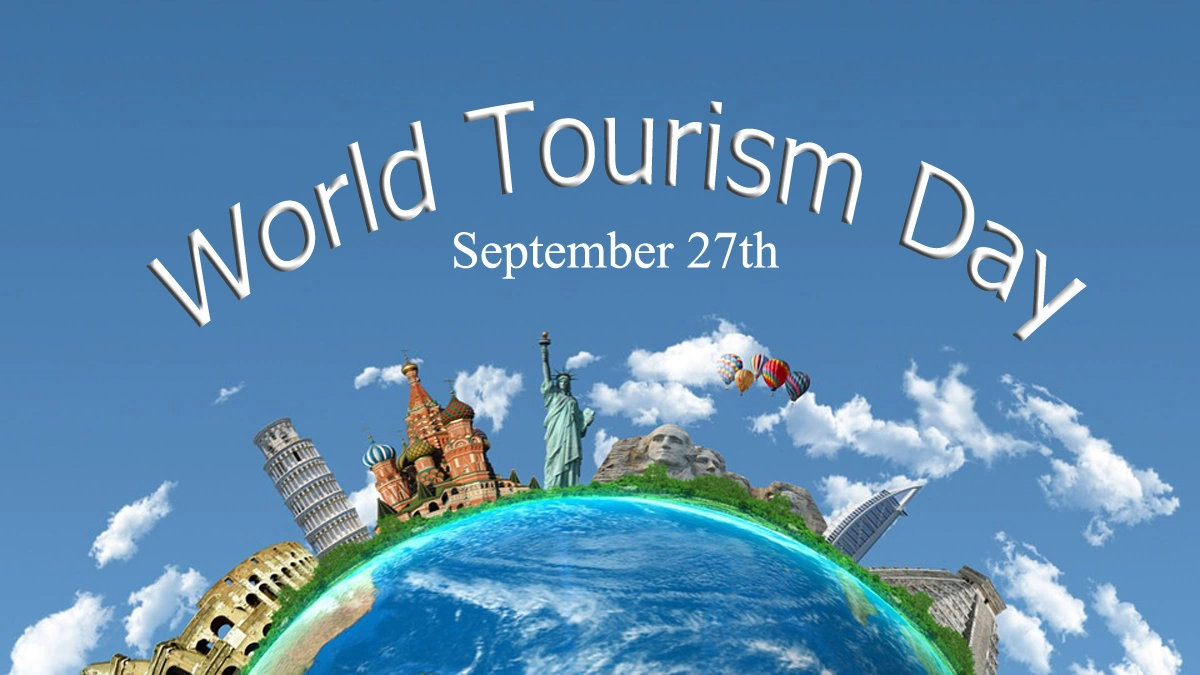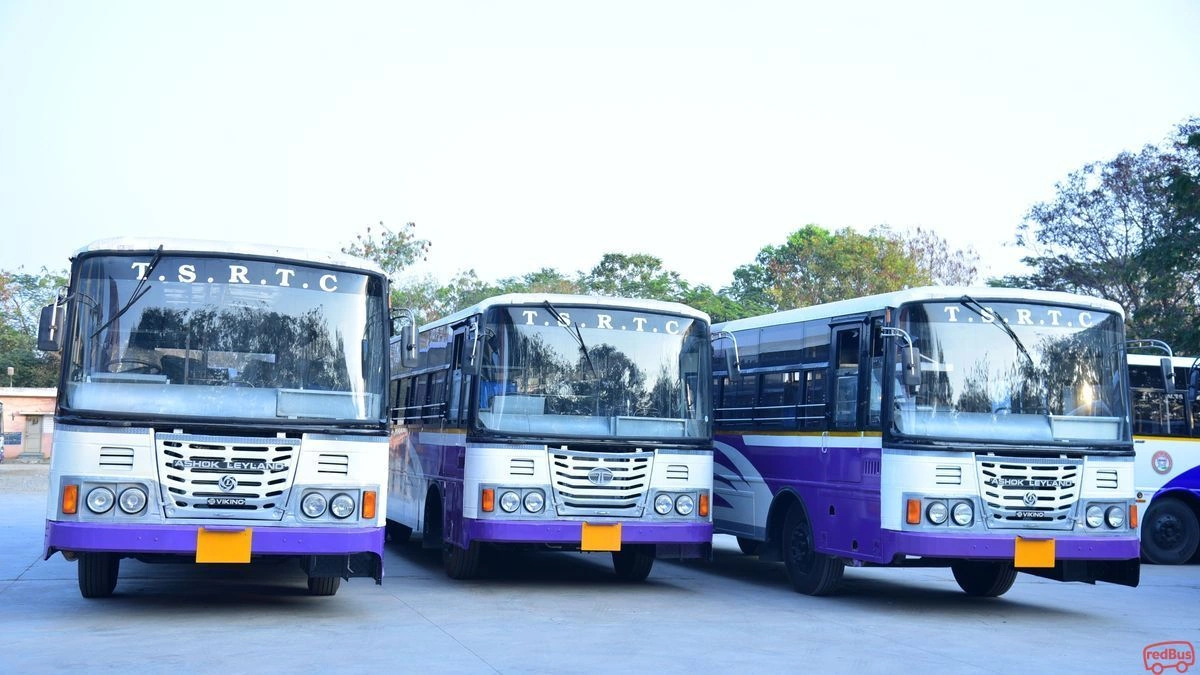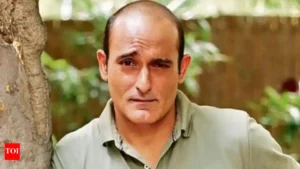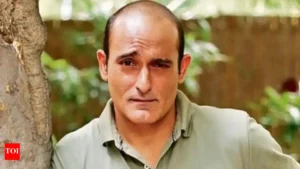Beyond the Brochure: Why World Tourism Day Matters More Than Ever
World Tourism Day – it rolls around every year, doesn’t it? You see the hashtags, maybe a pretty picture or two, and then… well, life goes on. But here’s the thing: this isn’t just another calendar event. It’s a powerful reminder of something incredibly important, especially in a country as diverse and vibrant as India. Let’s be honest, most articles just tell you what it is. I want to tell you why it should matter to you – and how you can actually make a difference.
The Ripple Effect | How Tourism Impacts India’s Soul

Tourism isn’t just about taking selfies at the Taj Mahal or sipping chai in the Himalayas. It’s about the intricate web of connections it creates. Think about it: from the local artisans crafting souvenirs to the taxi drivers navigating bustling streets, tourism touches countless lives. The economic impact is undeniable, but it goes deeper than that. It’s about preserving our cultural heritage, fostering understanding between communities, and, frankly, making sure our incredible traditions don’t fade away. A common mistake I see is people thinking about tourism as purely recreational. It is economic and cultural preservation, too.
But there’s a flip side. Unmanaged tourism can be a wrecking ball. Think overflowing landfills in pristine hill stations or the erosion of ancient sites due to sheer foot traffic. It’s a delicate balance, and that’s where sustainable tourism comes in. This isn’t just a buzzword; it’s the only way forward. As per the guidelines mentioned in the information bulletin from the UN World Tourism Organization, it’s about ensuring that tourism benefits everyone involved – the tourists, the locals, and, crucially, the environment.
From ‘Atithi Devo Bhava’ to Responsible Travel | Your Role
We’ve all heard the saying, “Atithi Devo Bhava” – the guest is equivalent to God. It’s ingrained in our culture, but what does it mean in practice? It means being mindful of the places we visit, respecting local customs, and contributing to the well-being of the communities we encounter. Before your next trip, ask yourself: am I leaving this place better than I found it?
Here’s the thing: even small changes in your travel habits can make a big difference. Instead of staying at a generic hotel chain, consider a local guesthouse that supports the community. Rather than buying mass-produced souvenirs, seek out authentic handicrafts directly from the artisans. According to the latest circular on the official UNWTO website (https://www.unwto.org/ ), promoting local businesses is a key component of responsible tourism.
The Digital Nomad & Rise of Experiential Travel
What fascinates me is how technology is reshaping the tourism landscape. The rise of digital nomads, armed with laptops and wanderlust, is creating new opportunities for local economies. And then there’s the shift towards experiential travel – people craving authentic experiences rather than just ticking off landmarks. This trend favours places that are rich in culture and are connected. Just like Delhi Metro is becoming lifeline.
Let me rephrase that for clarity: travelers are increasingly looking for deeper connections – whether it’s learning a local craft, participating in a traditional festival, or simply sharing a meal with a family. This opens up avenues for communities to showcase their unique heritage and generate income in a sustainable way. But, it also requires us to preserve and protect these assets.
India’s Untapped Potential | Beyond the Golden Triangle
India is more than just the Taj Mahal, Rajasthan, and Kerala (though those are pretty spectacular too!). Think about the hidden gems in Northeast India, the serene backwaters of Goa beyond the beaches, or the architectural wonders of Hampi. The possibilities are endless. We need to showcase India’s diversity.
And, tourism can play a massive role in bridging the gap between the rural and the urban. It can provide livelihood opportunities for people in remote areas, promote traditional art forms, and help preserve our natural heritage. As rural tourism gains prominence, villages across India are transforming into hubs of cultural exchange and sustainable living. Just like Erra Matti Dibbalu is. A common mistake I see people make is overlooking these less-traveled destinations. They offer a richer, more authentic experience. Consider visiting less popular, hidden gems.
Looking Ahead | A More Conscious World Tourism Day
So, this World Tourism Day , let’s not just celebrate the idea of travel. Let’s commit to being more responsible, more mindful, and more appreciative of the incredible world around us. India has so much to offer, and it’s our collective responsibility to ensure that future generations can experience its beauty and richness. Choose eco-tourism and help the planet thrive.
I initially thought this was straightforward, but then I realized it’s more than just a day – it’s a mindset. A mindset of respecting cultures, protecting our planet, and empowering communities through sustainable tourism practices.
FAQ
What exactly is World Tourism Day?
It’s a day designated by the United Nations World Tourism Organization (UNWTO) to raise awareness about the importance of tourism and its social, cultural, political and economic value.
When is World Tourism Day celebrated?
Every year on September 27th.
How can I be a more responsible tourist?
Support local businesses, respect local customs, minimize your environmental impact, and be mindful of the communities you visit.
What are some examples of sustainable tourism practices?
Staying in eco-friendly accommodations, using public transport, buying local products, and avoiding activities that harm the environment or exploit local communities.
What if I want to promote tourism in my local area?
Showcase your area’s unique culture and attractions, partner with local businesses, and promote responsible tourism practices.
How can I support the UNWTO’s initiatives?
By promoting sustainable tourism, advocating for responsible travel practices, and spreading awareness about the importance of tourism.













